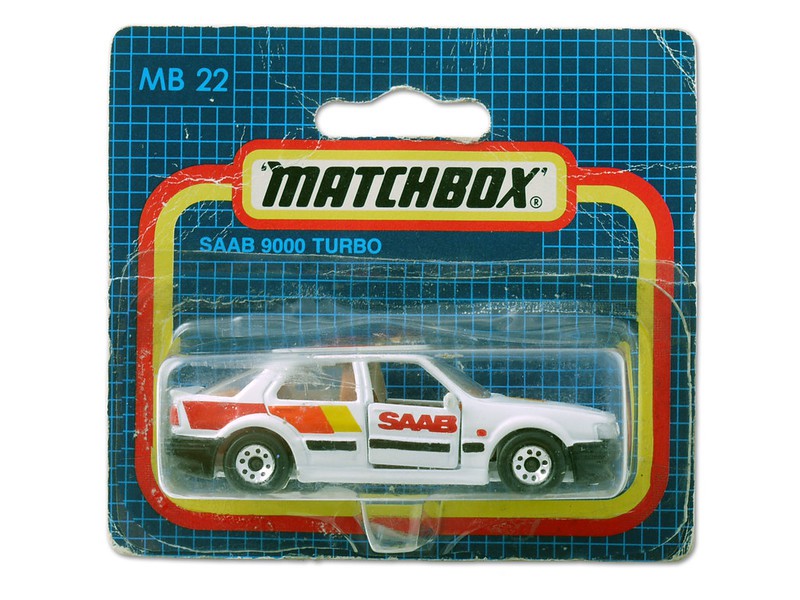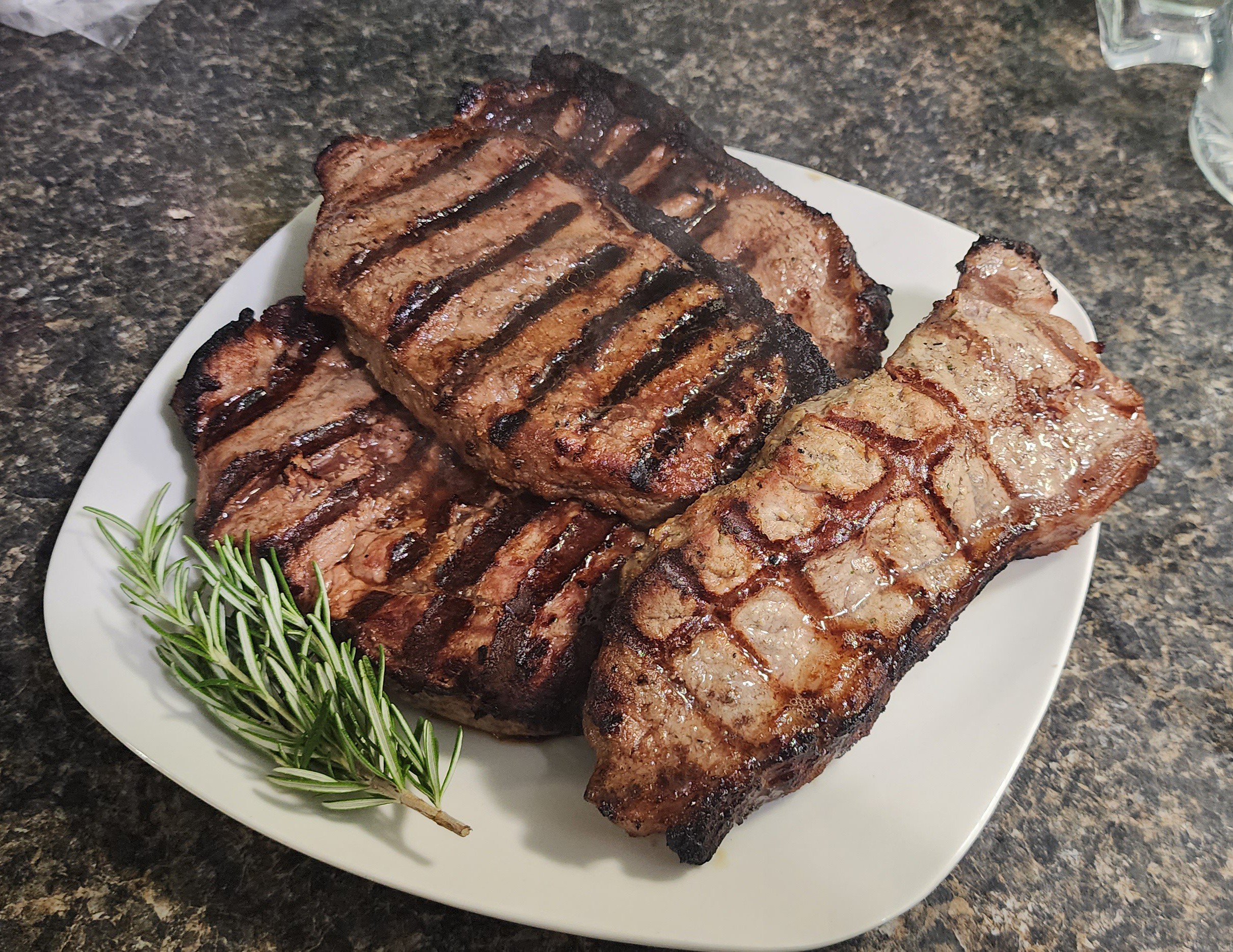Watch
Events
Articles
Market
More
Have a wonderful evening everyone!
Our Friday night stream is up with our collection of music videos. ?
https://rumble.com/Aromem/live



An old OOMlich Matchbox car.
https://flickr.com/photos/stud....ioalijn/9621199153/i
Tell me about a Strange thing that intrigues you!
Every working day I post an OOM for the Strange things of our Maker.
ofourmaker.com
#dailyoom




Desiring a set table, candles and some wine, but for now the *main course* will do to make it special and set apart.
Shabbat Shalom!
#shabbatdinner
#porterhouse
#grassfedbeef



